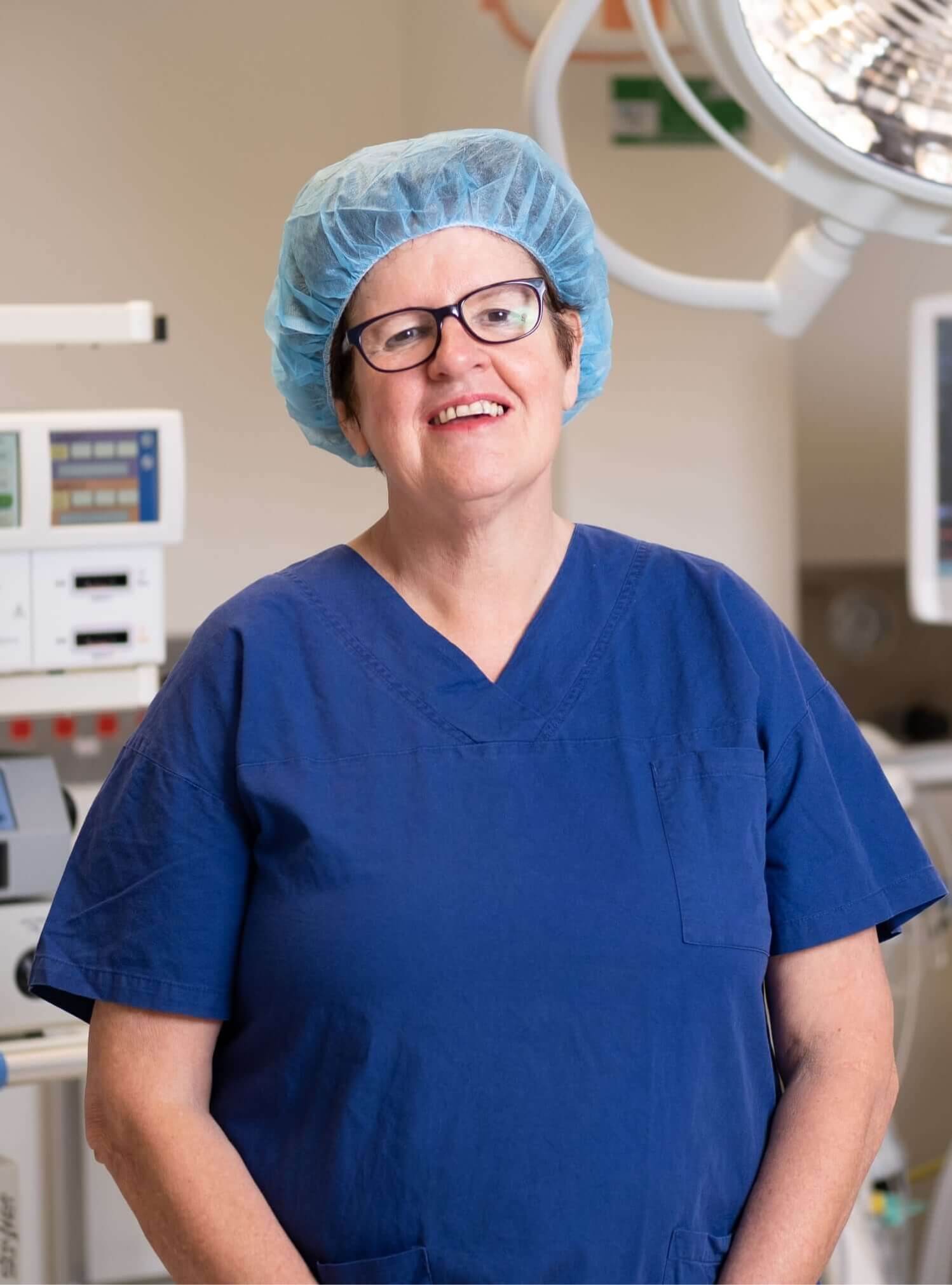Dr Diana Hastrich | Breast Surgeon Perth
Breast Cancer Surgeon

Dr Diana Hastrich
From diagnosis to surgical plan
FAQ
Dr Diana Hastrich
Why did I become a breast surgeon?
When I started my surgical training many years ago there were very few women role models. But during my year as an intern I had the opportunity to work with excellent surgeons who encouraged me despite the fact I was a woman! I did quite a few surgical terms in the early postgraduate years. I really enjoyed the fact that surgery had the potential to fix or cure a condition or significantly improve the quality of life for many people. I liked the process of using clinical skills and judgement to make a diagnosis and execute a surgical treatment plan with a defined outcome in mind. This appealed to me much more than being a physician and juggling medication!
When I was starting my general surgery training, breast surgery was just beginning to be recognised as a subspeciality. Most general surgeons “did a bit” of rather crude breast surgery. Research was starting to show that better outcomes could be achieved with less radical, deforming surgery. Research also showed that adding adjuvant therapies such as radiotherapy and drug treatment after surgery made a big difference to prognosis.
I had a wonderful response from my patients when I was doing those general surgical terms which included breast surgery. These women were pleased to have me as part of their team and I felt a real sense of satisfaction being able to help them.
This experience led to me choosing to sub specialise in breast surgery once I had finished my general surgical training.
What has been your role at Breast Screen WA?
I was involved with the early pioneering breast screening service during my time in the UK. Since my arrival in WA in 1996 I have been involved with BreastScreen WA. My involvement has included assessment of women recalled with abnormal mammograms and the surgical care of women diagnosed with screen detected cancers.
I have respect for the quality control and accreditation processes built into the screening program from the outset. These measures are essential to the success of the program and to ensure that public money is well spent. I have been involved with the BreastScreen accreditation process both locally and nationally. My current role is that of Chair of the State Quality and Accreditation Committee.